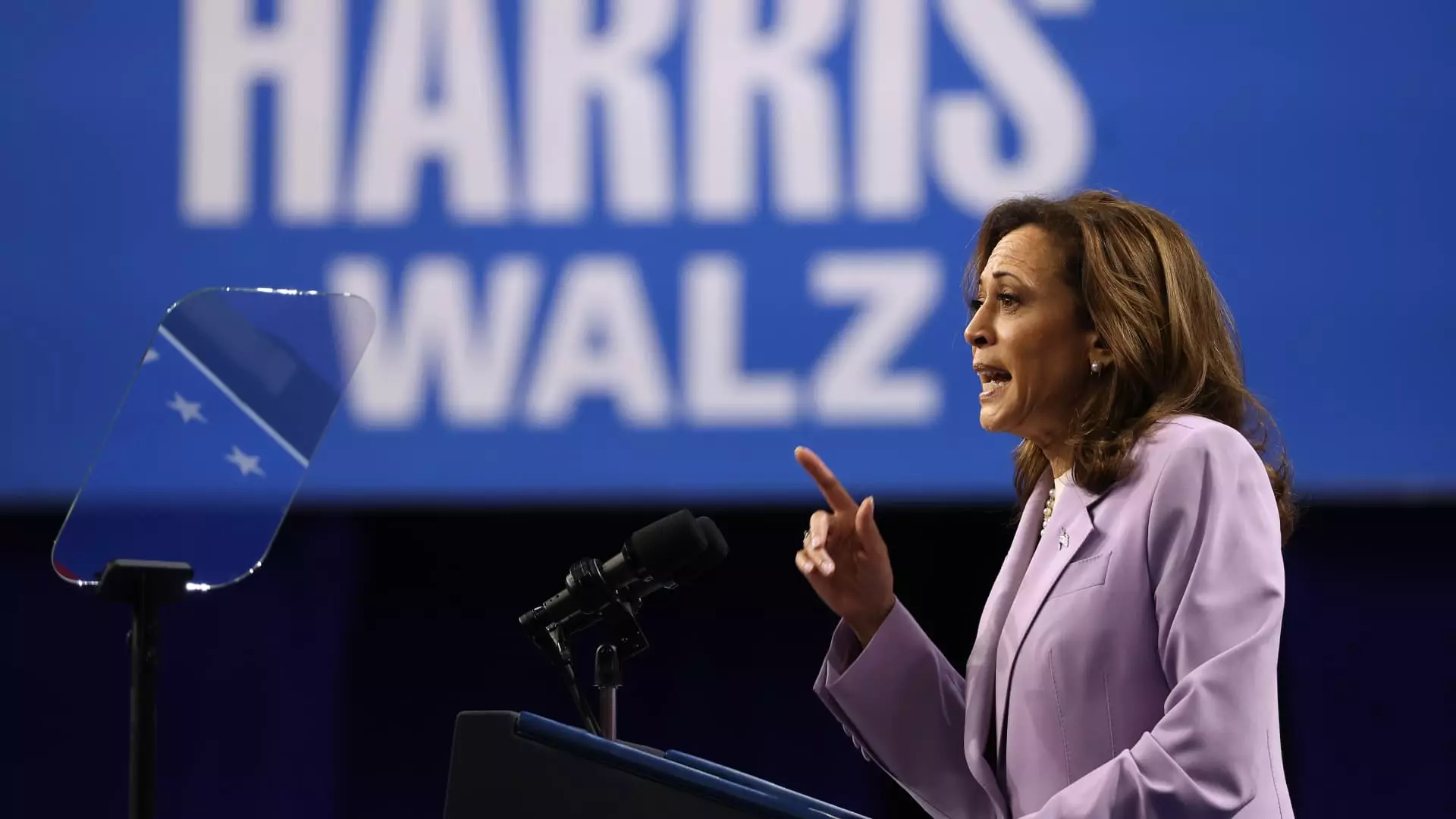The affordable housing crisis in the United States has been a longstanding issue that has affected millions of individuals and families across the nation. Vice President Kamala Harris recently unveiled a comprehensive economic policy that focuses on tackling this crisis by making it more affordable for Americans to own and rent homes. Harris emphasized the importance of increasing the supply of housing units to address affordability challenges and proposed the construction of 3 million new housing units over the next four years.
The proposal to provide a tax incentive for homebuilders who sell starter homes to first-time homebuyers is a step in the right direction. By promoting the creation and rehabilitation of starter homes in distressed communities, this initiative could help increase homeownership among low and moderate-income individuals. However, there are concerns about the feasibility of this plan, particularly in terms of defining what constitutes a “starter home” and ensuring that building expenses remain low.
While Harris’ $40 billion innovation fund aims to empower local governments to support housing solutions, some experts are skeptical about its effectiveness. The federal government’s limited authority over local planning commissions and homeowners’ resistance to building more housing could hinder the success of this initiative. Additionally, the high price tag associated with the innovation fund may make it difficult to garner bipartisan support in Congress.
One of the key challenges facing Harris’ affordable housing plan is the lack of bipartisan support for some of the proposed initiatives. The $25,000 down-payment assistance for first-time homebuyers, for example, may not be well-received by lawmakers on both sides of the aisle. Senator Tim Scott raised concerns about the potential impact of such assistance on housing demand and affordability, highlighting the need for financial literacy programs to prevent defaults.
In order to effectively address the affordable housing crisis, it is imperative for policymakers to take a comprehensive approach that considers the diverse needs of individuals and families across the country. Defining a range of price points for starter homes and implementing measures to increase housing supply are essential steps towards improving affordability. Additionally, addressing factors such as labor costs, land costs, and borrowing costs will be crucial in ensuring the success of any affordable housing initiatives.
While Vice President Kamala Harris’ affordable housing plan offers promising solutions to the ongoing crisis, there are significant challenges that must be overcome in order to achieve success. By addressing issues related to housing supply, affordability, and bipartisan support, policymakers can work towards creating a more equitable and accessible housing market for all Americans. It is crucial for policymakers to collaborate with experts, stakeholders, and community members to develop and implement effective solutions that meet the diverse needs of individuals and families across the nation.

